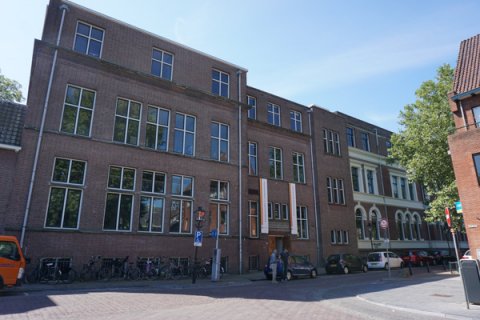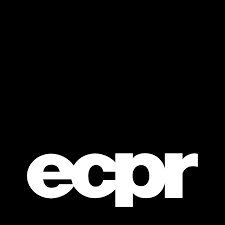This year, the Utrecht School of Governance (USG) celebrates its tenth anniversary. As part of the festive programme which has been taking place throughout 2010, the USG will hold a conference synthesising past interests and achievements of the department, while also looking into future fields of research. All of this will take place on Friday 19 and Saturday 20 November of this year, under the suitable and multi-interpretable name of “Public Matters”.

The Open Government in the EU project will also be represented at this conference, organising a workshop on “Government Transparency”. At this workshop, the ongoing transparency research at Utrecht University and other Dutch universities will be presented. Moreover, three renowned international academics in the field of transparency research have been invited to present papers on their recent research work in this field.
Prof. David Heald (Aberdeen Business School) has published extensively on transparency as a governance tool, co-authoring with Christopher Hood Transparency: The Key to Better Governance? which is regarded as a seminal work for anyone seeking to understand the concept of transparency and its modern-day uses.
The research interests of Prof. Alasdair Roberts (Jerome L. Rappaport Professor of Law and Public Policy, Suffolk Law School) focus primarily on the right to information and all the means that facilitate its implementation. Recently, he published an article evaluating the first years of India’s Freedom to Information Act.
Dr. Eric Welch (Public Administration, University of Illinois, Chicago) is mainly interested in technological processes in public organisations, and his work on transparency derives from this interest. Dr. Welch has studied the development of e-government, looking at the types of information and their presentation through technological mediation.
Several aspects of transparency will be topic of discussion at this workshop, among them the diverse conceptual understanding of existing research, the relationship between transparency and citizen participation in government, and the impact of the digital society on “transparenting” government. These aspects come forward in various empirical cases, from the European Union to local government in the United States. All in all, we look forward to a fruitful exchange of thoughts among a diverse group of transparency researchers.
The detailed programme, as well as additional sources of interest, will be posted on this website as the date approaches. –MH
Link to the site of the USG Conference “Public Matters” (Dutch)
Link to the homepage of David Heald

